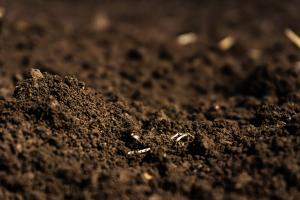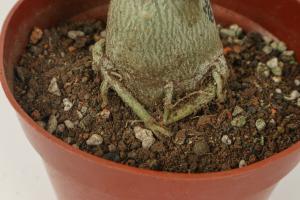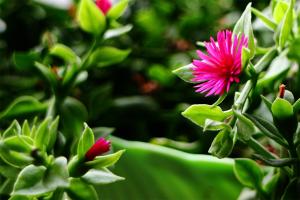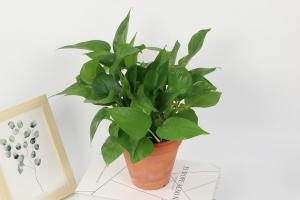Is Snake Plant Poisonous?
Snake plant, also commonly known as Sansevieria or Mother-in-law's tongue, is a popular indoor plant known for its hardiness and unique shape. However, many people wonder if this plant is poisonous or harmful to humans and pets. In this article, we will explore the toxicity of snake plants and provide you with information to make an informed decision.
What Are the Benefits of Having a Snake Plant?
Before we dive into the potential dangers of snake plants, let's first look at the benefits of having this particular plant in your home. Snake plants are known for their ability to filter indoor air, removing harmful pollutants such as benzene, formaldehyde, and trichloroethylene. They also require very little maintenance, making them ideal for those who are new to indoor gardening or those who have limited time to care for their plants.
Are Snake Plants Poisonous?
The short answer is yes, snake plants can be poisonous if ingested. The plant's leaves contain saponins, which can cause digestive issues such as stomach pain, diarrhea, and vomiting. However, the good news is that snake plants are considered relatively low in toxicity, and the risk of serious harm is minimal. In most cases, symptoms will be mild and will resolve on their own within a few hours.
What Are the Symptoms of Snake Plant Poisoning?
If you or your pet accidentally ingests a snake plant, you may experience the following symptoms:
Stomach pain
Diarrhea
Vomiting
Nausea
In rare cases, snake plant poisoning can cause more serious symptoms, such as swelling or inflammation in the mouth, throat, or airways. If you or your pet experiences severe symptoms, seek medical attention immediately.
How to Prevent Snake Plant Poisoning
Preventing snake plant poisoning is relatively simple. Keep your snake plant out of reach of children and pets, and avoid consuming the plant yourself. If you are concerned about the toxicity of your snake plant or want to be extra cautious, you can also wear gloves when handling the plant and wash your hands thoroughly afterward.
Conclusion
While snake plants can be poisonous if ingested, the risk of serious harm is low. If you take basic precautions and keep your plant out of reach of children and pets, you can enjoy the benefits of this hardy and beautiful indoor plant without worrying about the potential dangers. As with any plant, it's important to be informed about its toxicity and take appropriate measures to keep yourself and your loved ones safe.

 how many times do yo...
how many times do yo... how many planted tre...
how many planted tre... how many pine trees ...
how many pine trees ... how many pecan trees...
how many pecan trees... how many plants comp...
how many plants comp... how many plants can ...
how many plants can ... how many plants and ...
how many plants and ... how many pepper plan...
how many pepper plan...






























